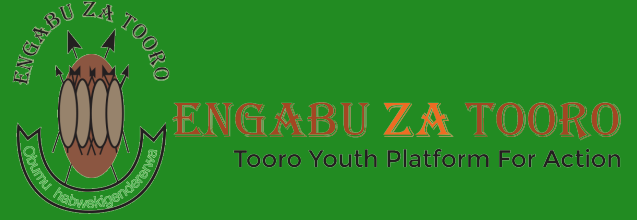This book presents a comprehensive documentation in form of text, transcription and photography of the Empaako naming system.
The first chapter introduces five bearer communities of Empaako naming system which have been covered by this research and two chapters that follow bring out the definition, interpretations, translations and theories of the origin of Empaako naming system as a cultural practice.
Chapters four and five dwell on description, preparations and performances of Empaako naming rituals and ceremonies and explanation of the underlying spirituality and social philosophy in five Empaako naming communities.
Chapter six expands on the social functions of Empaako names in daily life of the bearers in the interactions with the immediate others in the context of the culture within its community and society. The underlying final meaning and interpretation is also explained.
Both the risks and threats of the entire Empaako practice in the context of the changing religious, social and economic contexts are explained in chapter seven which also articulates the safeguarding measures being undertaken and their emerging results.
This documentation which is also presented in audio-visual formats has reclaimed the hither to disappearing complex knowledge about Empaako practice and especially its attendant naming rituals and ceremonies and their spiritual and moral meanings and interpretations. The documentation which has been done with massive participation of the bearers, practitioners, custodians and stakeholders has edited the details of the practice especially on naming rituals and perceived meaning in the details of the practical use of Empaako names, in order to adapt the practice to the changing social, economic and religious context of communities. The enduring values, meaning and practices in this heritage have been consolidated and promoted while the meanings and actions that have been outlived by time and the changing contexts have not been given much emphasis. Such meanings and actions practiced by some families which have been edited out included those that can be mistaken not to be compliant with fundamental human rights as enshrined in international instruments, those actions which the changing economic and structural contexts render them unpractical and those, actions and meaning which set a sharp conflict with the changing religious context from traditional religions to the emerging modern religions where most of the Empaako bearers are irreversibly moving.
The overall objective of the documentation was to improve the viability of Empaako practice by reclaiming the disappearing knowledge, promoting enduring values and removing distortions so that Empaako naming system as a cultural practice is conveniently transmitted by its bearers to successive generations.
Currently Engabu Za Tooro is implementing a UNESCO co-funded Project UGA 01210 which focuses on documentation and revitalization of Empaako naming rituals and practices in Uganda.
